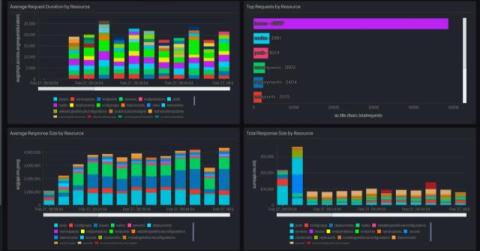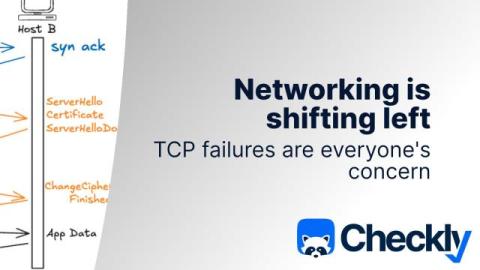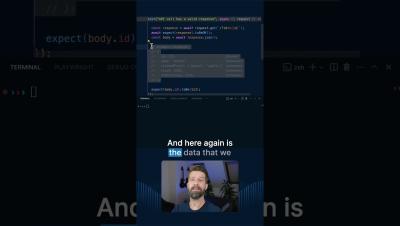Shorten your MTTR with Checkly Traces
We all know that Checkly is a ‘secret weapon’ for engineering teams who want to shorten their mean time to detection (MTTD). With Checkly, you can know within minutes if your service is unavailable for users, or acting unexpectedly. In this article we’ll talk about how Checkly traces can help you expand on the benefits of Checkly, adding insights that will help you diagnose root causes, and further reduce your mean time to resolution (MTTR) for outages and other incidents.











